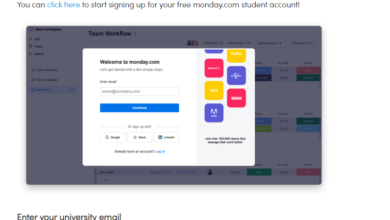Payroll Records What’re they Why Do You Need them? What Should they Include

Introduction
As a business or company owner, managing numerous records is part of your main job. It can be challenging to manage everything from accounting to tax records. And when you recruit more workers either locally or internationally and become a manager, it adds worker payroll records into the mix.
That means you have a lot of work to do. Luckily, Germany payrolls platform for HRs can help you manage your employee records. Keep reading to discover more about payroll records, including what they are, why your company needs them and what they should include.
What’re Payroll Records
Payroll records involve any documentation or form your business produces that relate to anything associated with payments, including worker compensation and working hours. Labour and payroll tax laws regulate the place of work and how workers receive their salaries, so the documents involved are a vital compliance component.
Payroll records are an employer’s body of evidence. They range from new hire paperwork to retirement or the final worker separation documents. While employment and payroll records are different, they overlap somewhere. Managing records can be a laborious undertaking, but it helps your company operate smoothly without compliance risks.
Why Do You Need Payroll Records
You need to maintain payroll records and compensation documents for several reasons. While it may look like you’re holding outdated reports and forms, there are important reasons for payroll record retention. The most important and beneficial reasons to maintain payroll records are smooth business operations, legal defence and compliance.
Correct and well-stored payroll records help with reporting employee income to the concerned authority department. On the other hand, employment and tax laws require specific documents to be kept for a given period to help with auditing, oversight and reporting. Sometimes you need to prove your business’s due diligence, integrity, and safety in compensation matters. That’s where payroll records become important.
What Do Payroll Records Include
Payroll records include several documents, which include employee personal information, timesheets, employment information, payment information, tax documents, unpaid and paid leave records, deduction information, pay records, reimbursement forms and direct deposit information. Separation/termination documents are also part of the payroll records.
How to Keep Payroll Records: Best Practises
Paper records are ideal for smaller businesses; however, in most cases, business owners run out of space and require customised storage solutions. Businesses that prefer to keep hard copy payroll records also need additional physical security measures like fireproof lock boxes.
On the other hand, large or midsized businesses require semi or fully-automated digital recordkeeping. If you have a business and you’re finding it difficult to keep your payroll records, especially when you’re dealing with foreign workers, you can look for a reliable payroll platform for HRs services.
These services utilise payroll software that provides reports and documentation required to support compliance and keeps records updated every time a payroll is processed. Regardless of the technique you choose, your business should retain payroll records for the specific period mandated by the laws of the countries where your workers reside. Once that period lapses, your business can destroy those records to prevent confidential information misuse.




